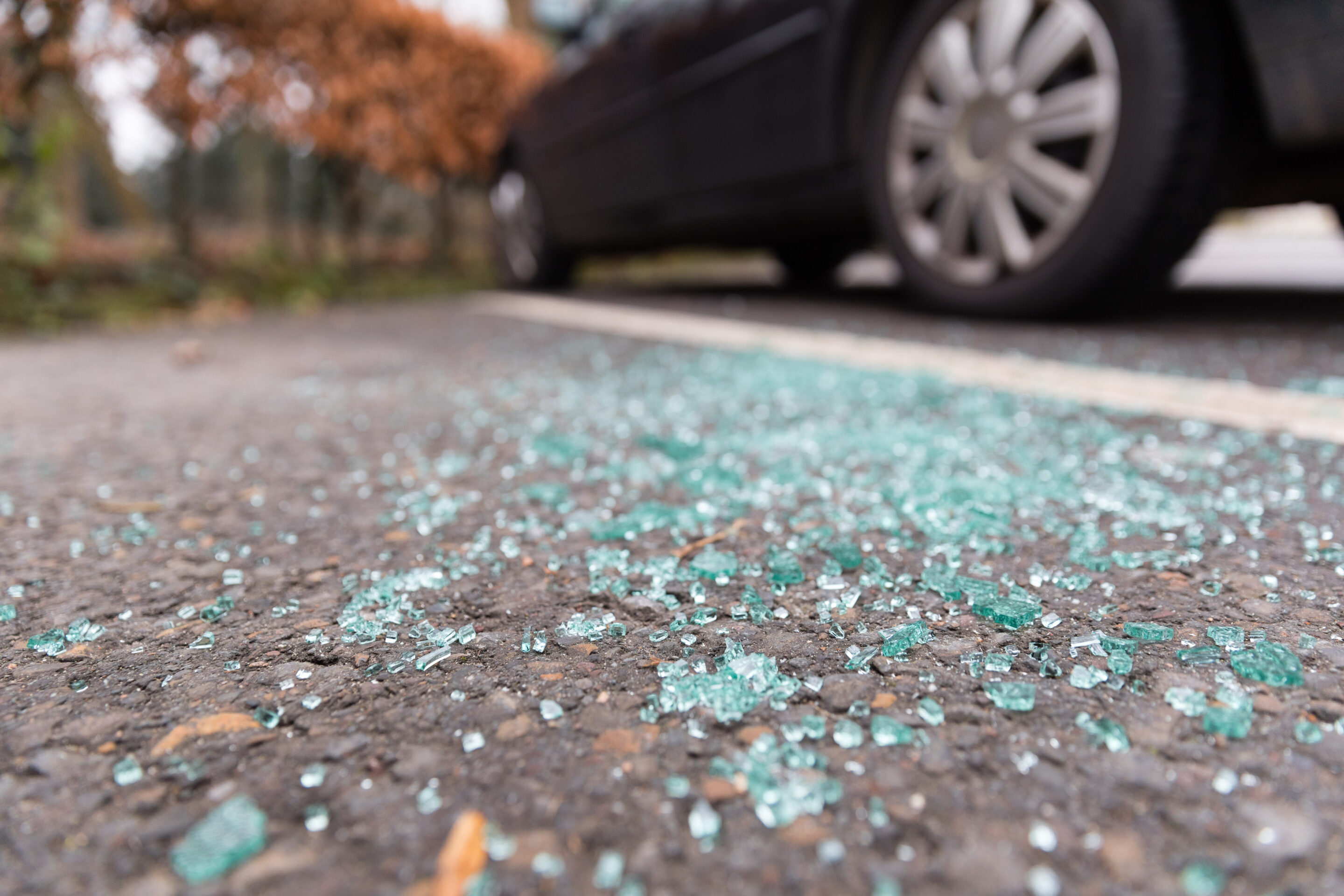There seems to be a growing divide in this country between the big and the small. Big banks are getting bigger (see Chart 1), while regional and small banks are closing (120-plus at last count). Corporate bond issuances hit record levels in 2009, while private companies had difficulty obtaining any form of debt. Is the market telling us that bigger is better?
Chart 1
Source: Wall Street Journal
*Top 10 Banks: JP Morgan Chase, Goldman Sachs, BofA, Morgan Stanley, Citigroup, UBS, Credit Suisse, Deutsche Bank, Barclays Capital, RBS
If you look at our industry, the answer is a resounding “yes.” While many small dealership groups are struggling for survival, the largest groups have turned the corner on the Great Recession. Most have returned to profitability. Many have recapitalized with fresh debt and equity. This past fall, Sonic Automotive raised $172 million in convertible debt and $94 million in equity, while Lithia Motors raised $46 million in equity. All of this occurred when only 14 dealers were able to obtain a mere $16 million from the Small Business Administration’s loan program!
To be clear, the debt that public companies have been able to raise is not necessarily a reflection of their lower risk profile. In fact, speculative-grade companies, or those with “junk” credit ratings (Sonic Automotive included), issued more than $123 billion of new bonds in 2009, compared with just $48 billion in 2008. It seems big companies are believed to be less risky than small ones. Why? Unfortunately, the answer is circular. Small, private companies are often perceived as riskier because they typically have less access to capital; however, they have less access to capital because they are small and private.
The public equity markets provide additional evidence of the preferential capital treatment received by large companies. Public dealership stock prices have increased over 400% on average since March 2009. No private dealership group can say the same about their value. In fact, most have seen values drop dramatically as earnings and multiples decline in tandem. Sid DeBoer, CEO of Lithia Motors, commented to Automotive News, “This is the reason I went public…being public gives you access to equity capital. Privately held companies have to find debt to grow.” This is the reason many believe more private equity capital is needed in our industry.
Chart 2 further reveals the premium being placed on larger companies’ equity value. As you can see, AutoNation and Penske Automotive Group (the two largest public dealership groups) trade at nearly double the blue sky multiple of their smaller public rivals. Even at these very high multiples, the largest companies continue to attract strong investors (Bill Gates purchased an additional $18 million of AutoNation’s stock in November and now owns about 13% of the dealership group).
Chart 2
Public company blue sky multiples
Armed with capital, public dealership groups are sounding the acquisition drum. Lithia announced that it intends to buy $400 million in revenue in the near term and grow its dealership network by 10% annually. Similarly, in addition to committing $150 million toward capital expenditures, AutoNation plans to make several acquisitions this year. Dealership consolidation may be the theme for 2010.
Is this good news for private dealers who are looking to sell? The answer is probably no. Today, the public dealership groups do not intend to bid up blue sky values. They are taking a very disciplined approach to valuation. Lithia is aiming for a 20 to 40% after tax cash on cash return on its acquisition. To achieve that level of return, sellers will be paid roughly two to three times their net income for the purchase of their entire business, including blue sky, working capital and fixed assets – hardly a home run price. As further evidence of the challenges associated with selling to a public dealership group today, AutoNation recently purchased a Honda and Acura dealership for 40% of its 2006 listing price.
In conclusion, I return to my original question. Is bigger better? While today the answer is yes, in the future it will depend on market conditions. If the debt markets reopen for private dealers, the capital playing field will level off – making credit access less of a competitive edge. Furthermore, it is likely manufacturers will continue to prefer the private dealer to the public. However, the public dealership groups will be a force to reckon with as they expand their market share and invest in new technologies and systems.
In the end, when the credit markets normalize, profitability, rather than size, is what will really matter. Until then, remain nimble. Auto retail is evolving. The dealers that are ready and willing to accept the evolution will be the most successful.









